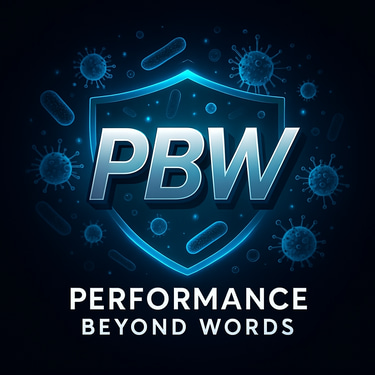Proprietary Enzymes Blend in Molasses-Based Distilleries
For molasses you want a depolymerising + saccharifying enzyme blend: α-amylase (if starch/oligos present), glucoamylase (amyloglucosidase), pullulanase/debranching enzyme, dextranase (important for molasses), plus cellulase/hemicellulase and optionally protease/pectinase depending on trash/viscous impurities. These increase fermentable sugar, reduce viscosity and dextran problems, speed fermentation and raise ethanol yield.
Molasses contains sucrose, glucose, fructose, and some complex sugars. Enzymes are added mainly for hydrolysis,
viscosity reduction, and fermentation efficiency.
Invertase (Sucrase)
Breaks down sucrose → glucose + fructose.
Improves sugar availability for yeast.
Amylase (if starch-containing raw material is blended with molasses)
α-Amylase: liquefies starch into dextrins.
Glucoamylase: converts dextrins into glucose.
Cellulase & Hemicellulase (optional, in high-fiber molasses blends)
Hydrolyze non-starch polysaccharides, release fermentable sugars.
Protease (Acid/Neutral)
Hydrolyzes proteins in molasses → amino acids & peptides.
Improves yeast nutrition, reduces foaming.
2️⃣ Yeast (for Fermentation)
Saccharomyces cerevisiae (main yeast strain)
Most widely used for ethanol production.
Robust, tolerates high alcohol concentration (up to 12–15%).
High-temperature tolerant yeast (special strains)
Used in tropical climates, ensures stable fermentation.
Genetically improved / osmotolerant strains
Better sugar conversion, higher ethanol yield.
3️⃣ Other Nutrients / Additives
DAP (Diammonium Phosphate) – nitrogen source for yeast.
Urea – additional nitrogen supplement.
Magnesium sulfate, zinc sulfate – cofactors for yeast metabolism.
Antifoaming agents (silicone-based, sunflower oil, or natural oils).
Yeast nutrients / growth promoters (vitamins, trace minerals).
4️⃣ Antibiotics (for Contamination Control)
Molasses often carries bacterial load (mainly Lactobacillus & Bacillus species) that compete with yeast. To control them,
antibiotics/antimicrobials are used:
Virginiamycin
Most widely used in distilleries.
Inhibits lactic acid bacteria without harming yeast.
✅ Summary Flow (Molasses → Ethanol):
Pretreatment → molasses dilution + pH adjustment.
Enzyme addition → invertase, protease (optional cellulase/amylase).
Nutrient supplementation → DAP, urea, trace minerals.
Yeast inoculation → Saccharomyces cerevisiae.
Antibiotics → virginiamycin / penicillin for contamination control.
Fermentation → ethanol production → distillation.
SERVING GLOBALLY
Brazil | UAE | India | Europe | Argentina | Bangladesh | Malaysia | Indonesia | Afghanistan | Ecuador | Moldova | Turkey | Philippines | Algeria | Romania | Thailand | Vietnam | Nepal | Mexico | Honduras | Georgia | Venezuela | Peru | Spain | Tanzania | Columbia | Azerbaijan | Australia | Austria | Belgium | Canada | Czech Republic | Denmark | Finland | France | Germany | Greece | Hong Kong | Hungary | Iceland | Ireland | Israel | Italy | Japan | Korea | Luxembourg | Malaysia | Netherlands | New Zealand | Norway | Poland | Qatar | Romania | Singapore | Spain | Sweden | Switzerland | Taiwan | Turkey | United Kingdom | United States
CALL / WHATSAPP +55 11 97038-7347


INDIA-CALL / WHATSAPP 01169310523

